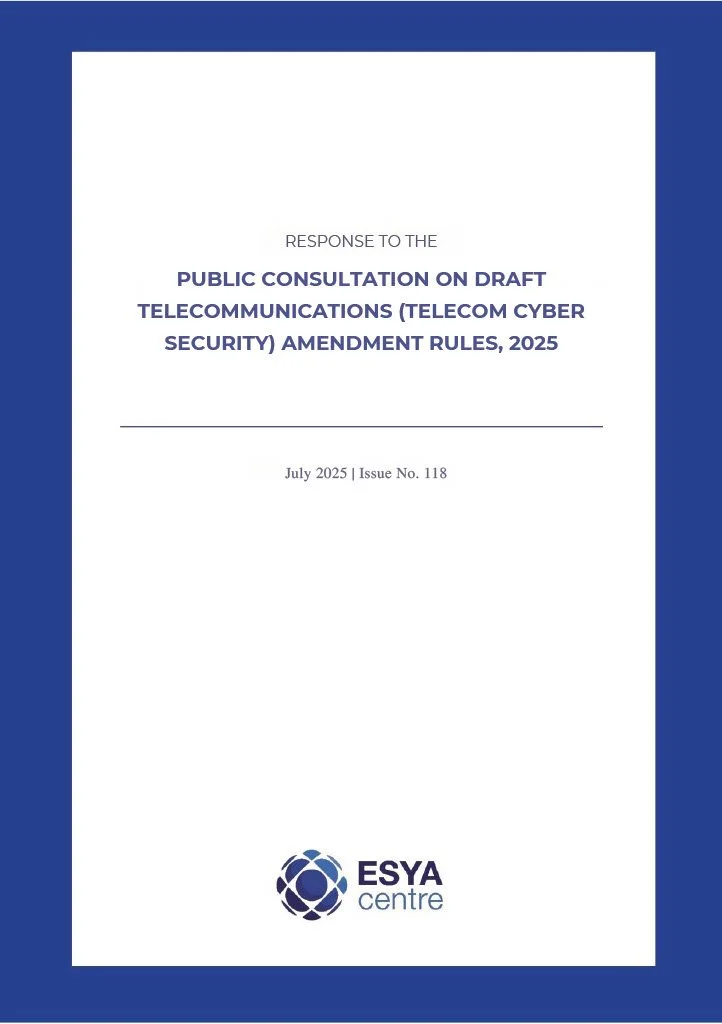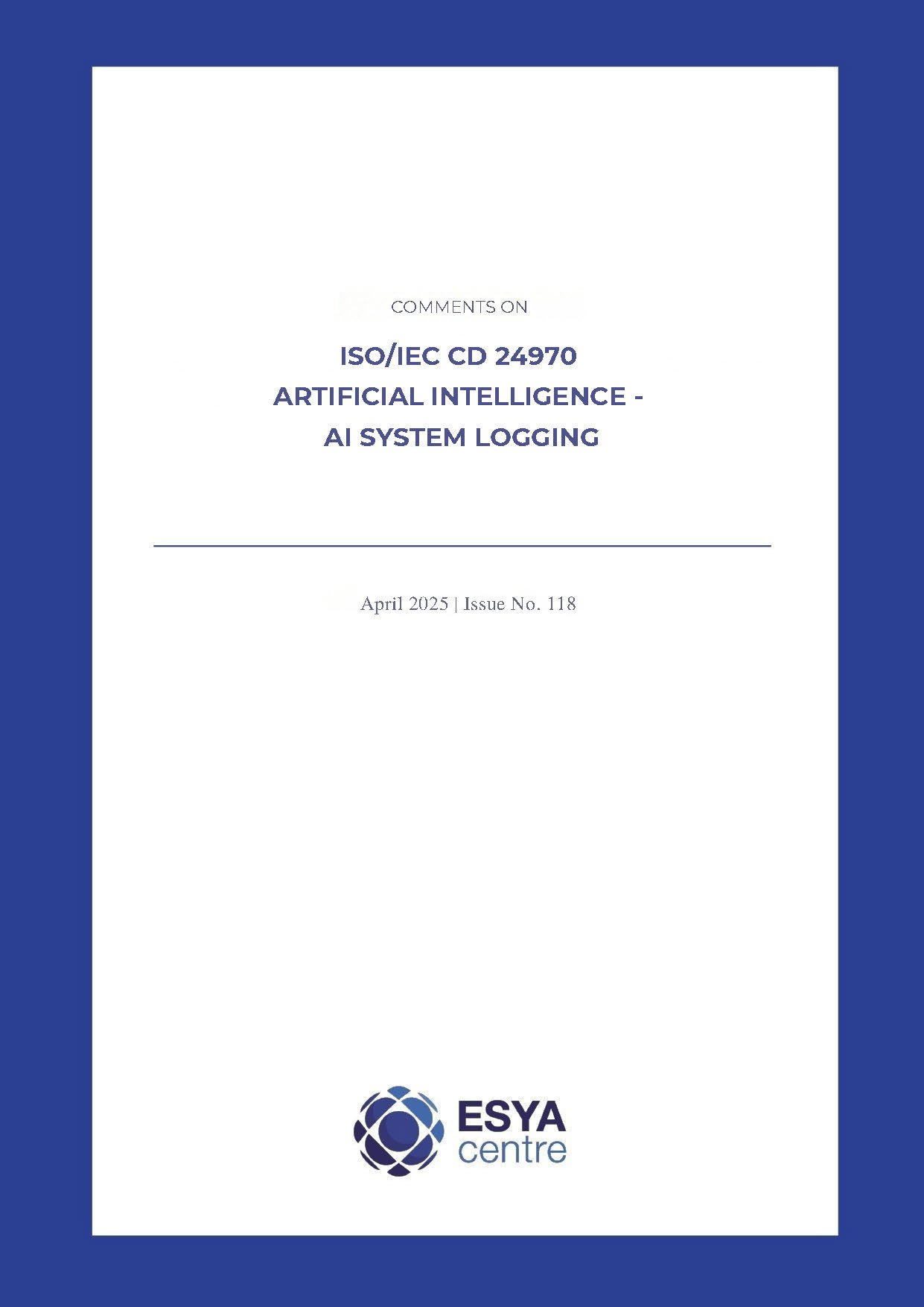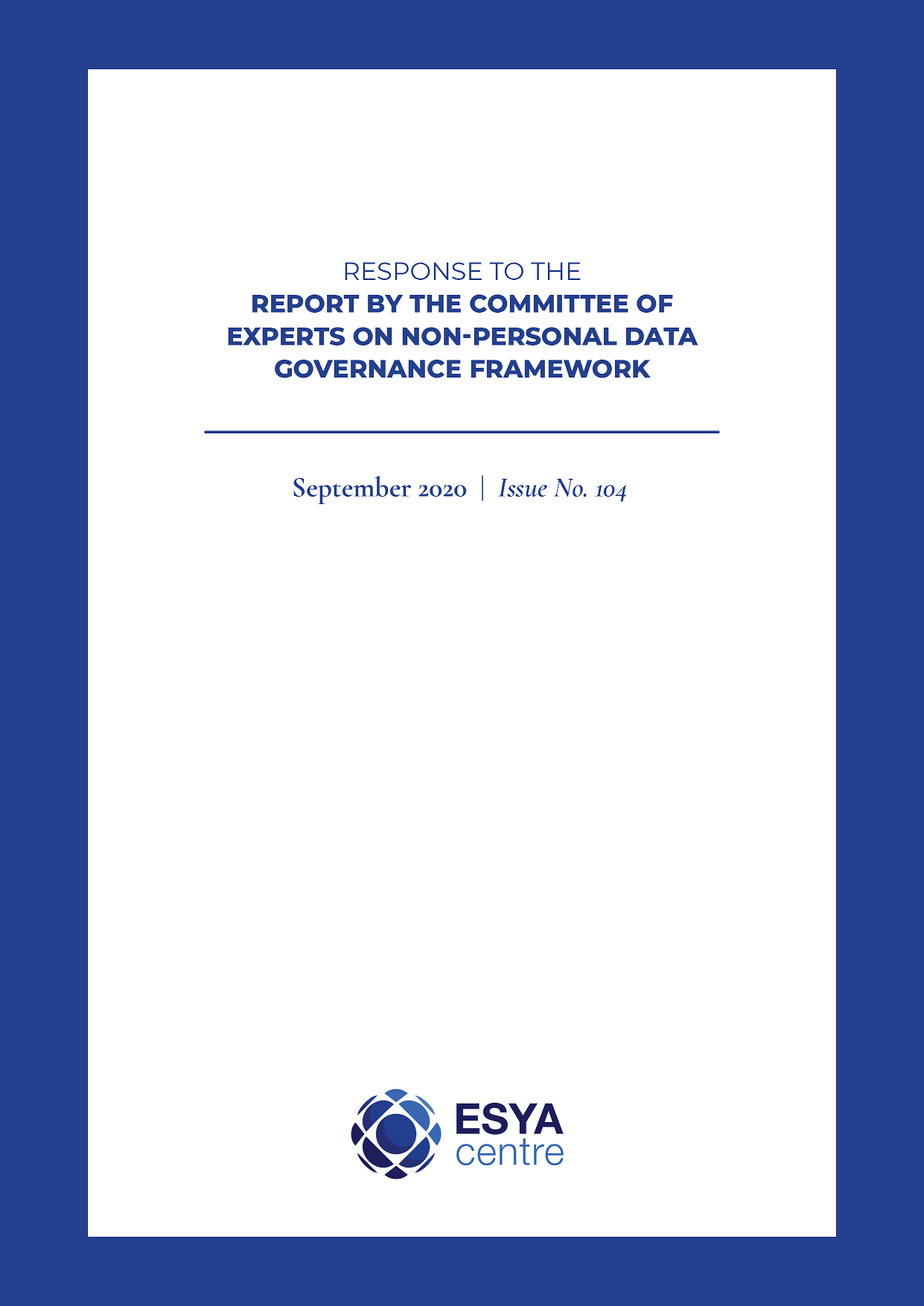Description: On 22 October 2025, the Ministry of Electronics and Information Technology invited feedback/comments of stakeholders on the Draft amendments to Information Technology (Intermediary Guidelines and Digital Media Ethics Code) Rules, 2021. The rules seek to address challenges posed by the growing use of synthetically generated information (“SGI”), such as the proliferation of deepfakes, misinformation, and other forms of unlawful content. The Esya Centre is pleased to be afforded an opportunity to provide its inputs on these rules .
Our response is divided into two parts: Part A offers an overview of our response, while Part B provides a detailed analysis of specific rules.
Attribution: Shweta Venkatesan and Madeeha Arshad. Response to the Public Consultation on the Draft Information Technology (Intermediary Guidelines and Digital Media Ethics Code) Amendment Rules, 2025


















